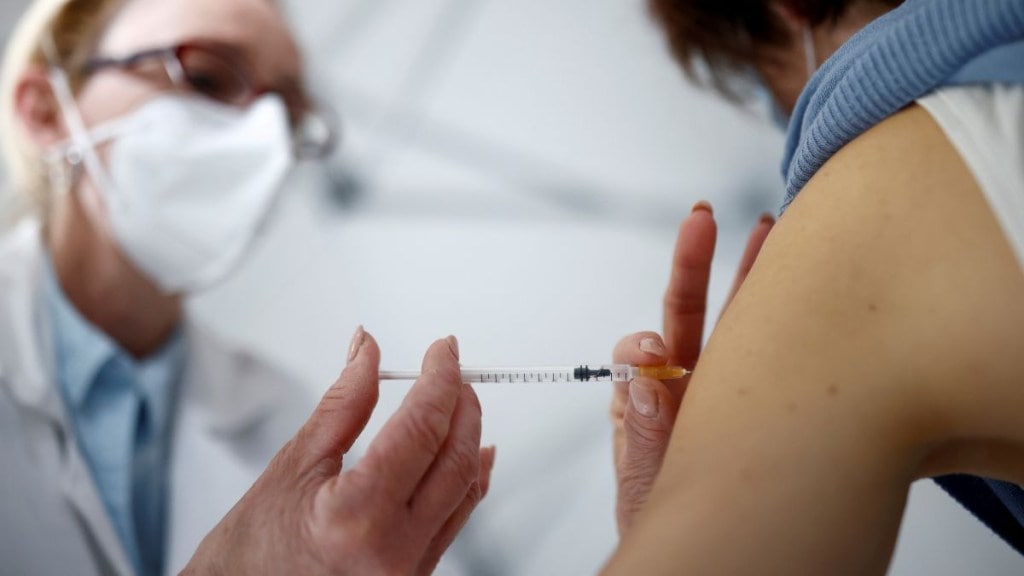The COVID-19 vaccines once hailed as a beacon of hope in combating the deadly virus during the pandemic, have resurfaced in headlines due to a recent study linking them to uncommon brain, heart, and blood disorders, as reported by the science journal Vaccine last week.
The journal reported that researchers from the Global Vaccine Data Network, a research division of the World Health Organization, discovered that the COVID-19 vaccines exacerbated 13 medical conditions categorized as “adverse events of special interest.”
The study, conducted on 99 million vaccinated individuals from eight countries—Argentina, Australia, Canada, Denmark, Finland, France, New Zealand, and Scotland—revealed that those who received specific types of mRNA vaccines showed an elevated risk of myocarditis, an inflammation of the heart muscle.
Risks of COVID-19 Vaccine: Key findings
Uncommon occurrences of myocarditis, characterized by inflammation of the heart, were identified following administration of the first, second, and third doses of Pfizer-BioNTech’s and Moderna’s mRNA vaccines. Forbes, citing the study, noted the highest incidence after the second dose of the Moderna vaccine, with a 6.1-fold increase compared to expected rates.
Similarly, individuals who received the third dose of AstraZeneca’s vaccine faced an elevated risk of pericarditis, another cardiac condition, with up to a 6.9-fold increase. The study also documented increased risks of 1.7 times and 2.6 times for recipients of Moderna’s first and fourth doses, respectively.
Moreover, the research highlighted a heightened risk of developing Guillain-Barre syndrome, a rare autoimmune disorder, among AstraZeneca vaccine recipients, who faced a 3.2 times higher risk of blood clots.
Regarding neurological disorders, recipients of the Moderna vaccine were found to have a 3.8 times greater risk of acute disseminated encephalomyelitis, while those who received AstraZeneca’s vaccine faced a 2.2-fold increased risk.
Despite these findings, experts emphasized the significant benefits of COVID-19 vaccination outweighing the associated risks. They underscored that the probability of experiencing neurological events or heart inflammation is considerably higher following a COVID-19 infection compared to receiving the vaccine.
Jacob Glanville, CEO of biotechnology company Centivax, not involved in the study, reiterated this point to Forbes, stating, “The odds of all of these adverse events is still much, much higher when infected with SARS-CoV-2 (COVID-19), so getting vaccinated is still by far the safer choice.”
In a separate study conducted by Christian Medical College, Vellore during the initial wave of the pandemic, it was observed that COVID-19 survivors in India experienced more pronounced lung and respiratory issues compared to counterparts in Europe and China. The study, as reported by News 18, noted that while most individuals recovered within a year of COVID-19 infection, some suffered from permanent lung damage.
The research outlined the presence of post-COVID-19 residual lung damage in a large Indian cohort, as assessed through lung function tests, exercise capacity, chest radiography, and quality of life measurements. The study highlighted relatively higher symptomatology and comorbidities among the population, leading to greater lung function impairment compared to existing literature. It concluded that post-COVID-19 lung damage significantly impacts lung function, quality of life, and effort tolerance.








